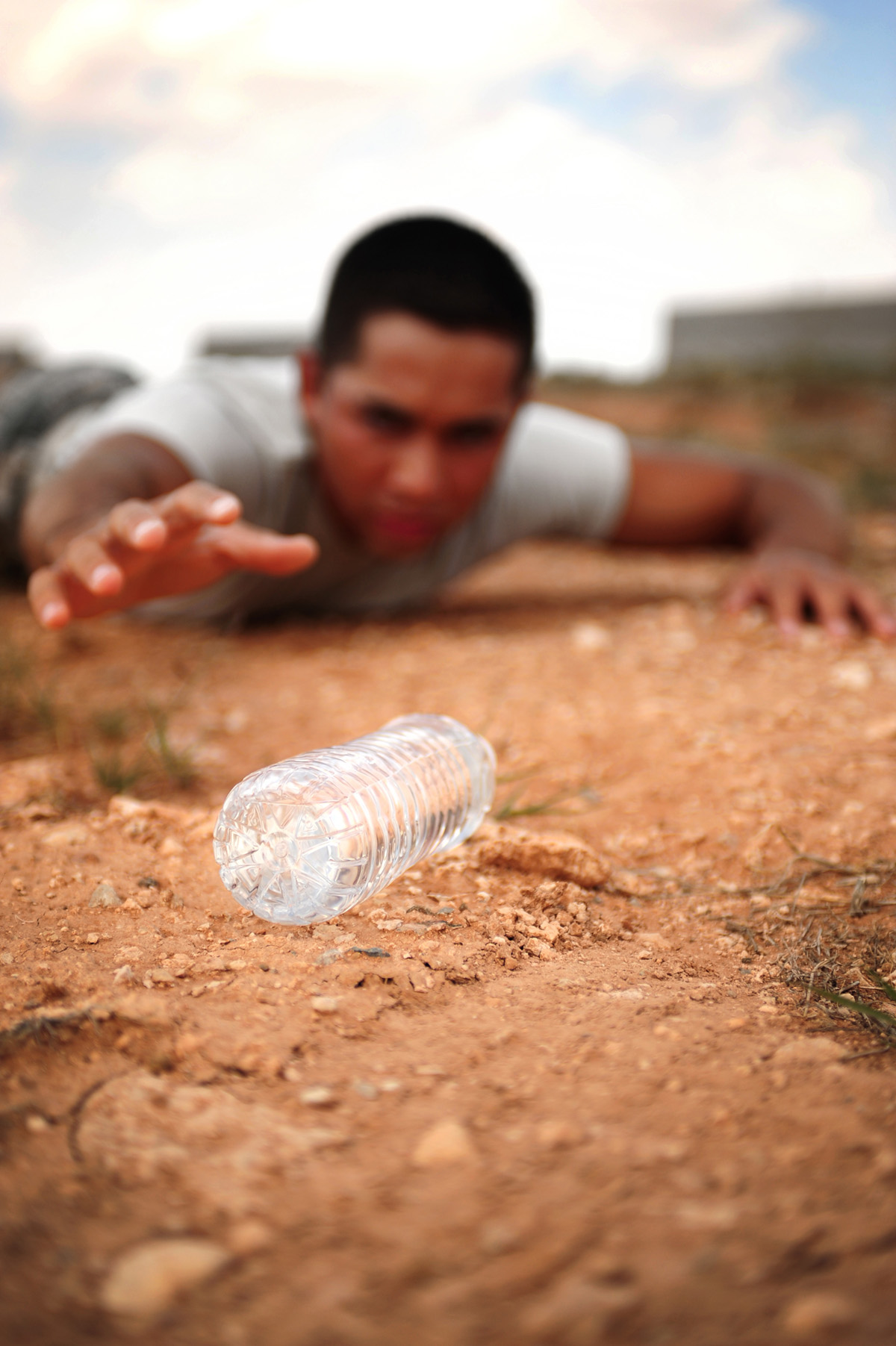
Dehydration is the excessive loss of body fluids in which an individual loses more fluids that it takes in, and the body does not have enough water and fluids to carry out the normal functions. The normal level of fluids can be quickly replenished by proper hydration but if it does not happen, an individual may suffer serious consequences. Dehydration is actually a decrease in volume of plasma and can be mild, moderate, or severe, based on how much of the body's fluid is lost or not replenished. Severe dehydration is a life threatening condition and demands instant medical attention.
The importance of water
Human bodies contain 60% of water and most nutrients travel around through the body in water. The bloodstream is composed primarily of water, as well as the other tissues and organs. The recommended daily dose of water varies on one's age, size, outside temperature, physical activity and general health condition. The adequate fluid intake is somewhere around eight glasses of water each day, but one should keep in mind that approximately 80% of our water intake comes from drinking water and other beverages, and the other 20% comes from food.The symptoms of dehydrationThe first symptoms of dehydration symptoms can generally become noticeable after 2% of one's normal water volume has been lost. Mild to moderate dehydration involves symptoms like dry and sticky mouth, sleepiness and tiredness, decreased urine output, few or no tears while crying, muscle weakness, headache, and dizziness or lightheadedness.
Severe dehydration is a medical emergency and it manifests as extreme thirst, irritability and confusion, very dry mouth, dry skin and mucous membranes, lack of sweating, sunken eyes, shriveled and dry skin that lacks elasticity, low blood pressure, rapid heartbeat, fever and, in the most serious cases, delirium or unconsciousness.
In many cases people fail to recognize signs of dehydration. The color of urine is one of the best indicators of body’s need for water. Clear or light-colored urine means that one is well hydrated, while a dark yellow or amber color typically signals dehydration.
Prevention
To prevent dehydration, one should consume plenty of fluids and foods high in water. Certain conditions are tightly associated with dehydration and people may need to take more fluids than usual if they are ill, especially if the illness is accompanied with vomiting or diarrhea. Increased intake of water is recommended for people who practice a vigorous exercise or hard physical labor. People will normally need more water in hot or humid weather, to replace the loss of water through sweating.


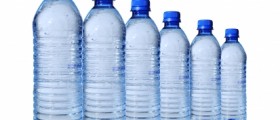

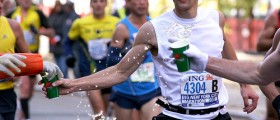
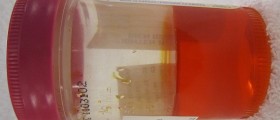



_f_280x120.jpg)
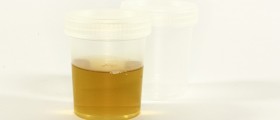




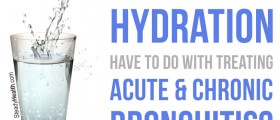

Your thoughts on this
Loading...